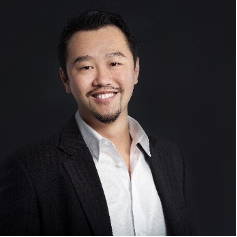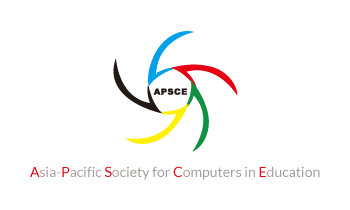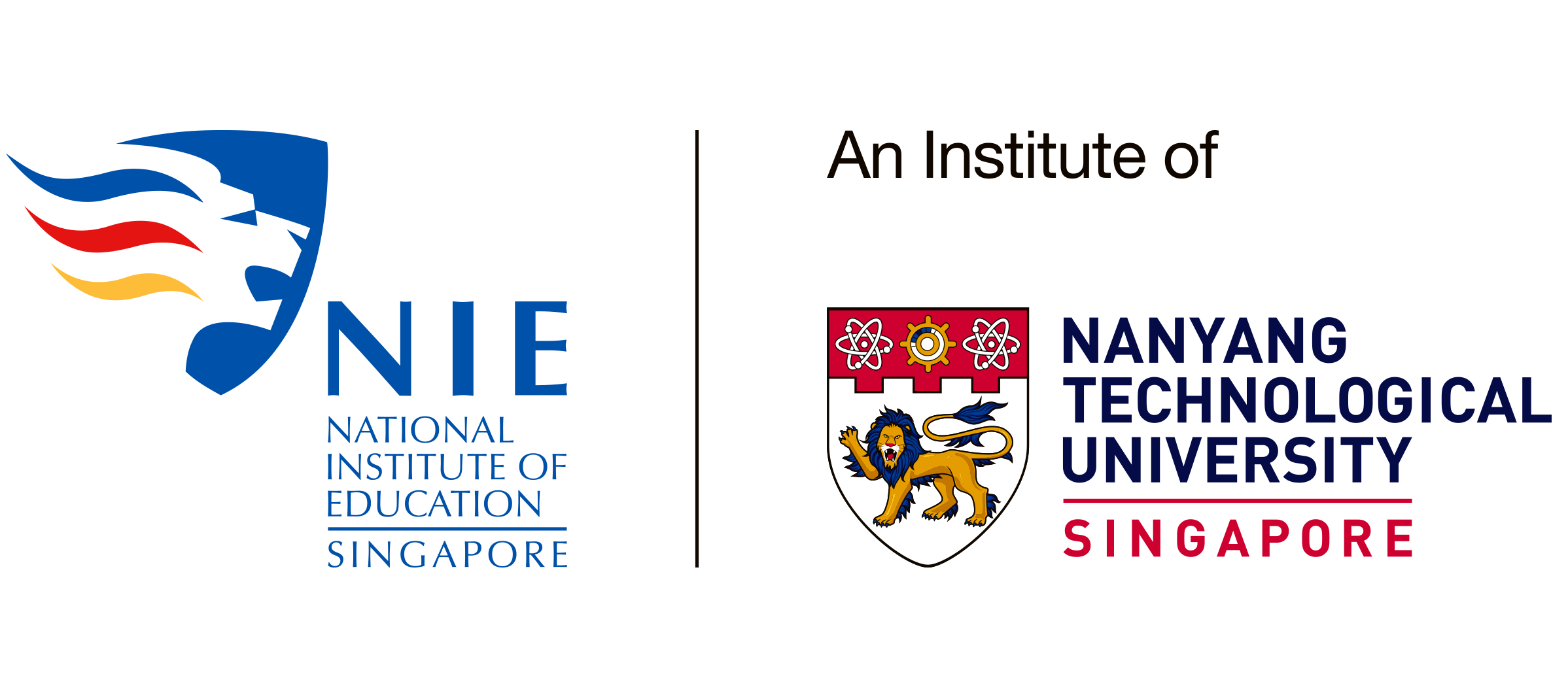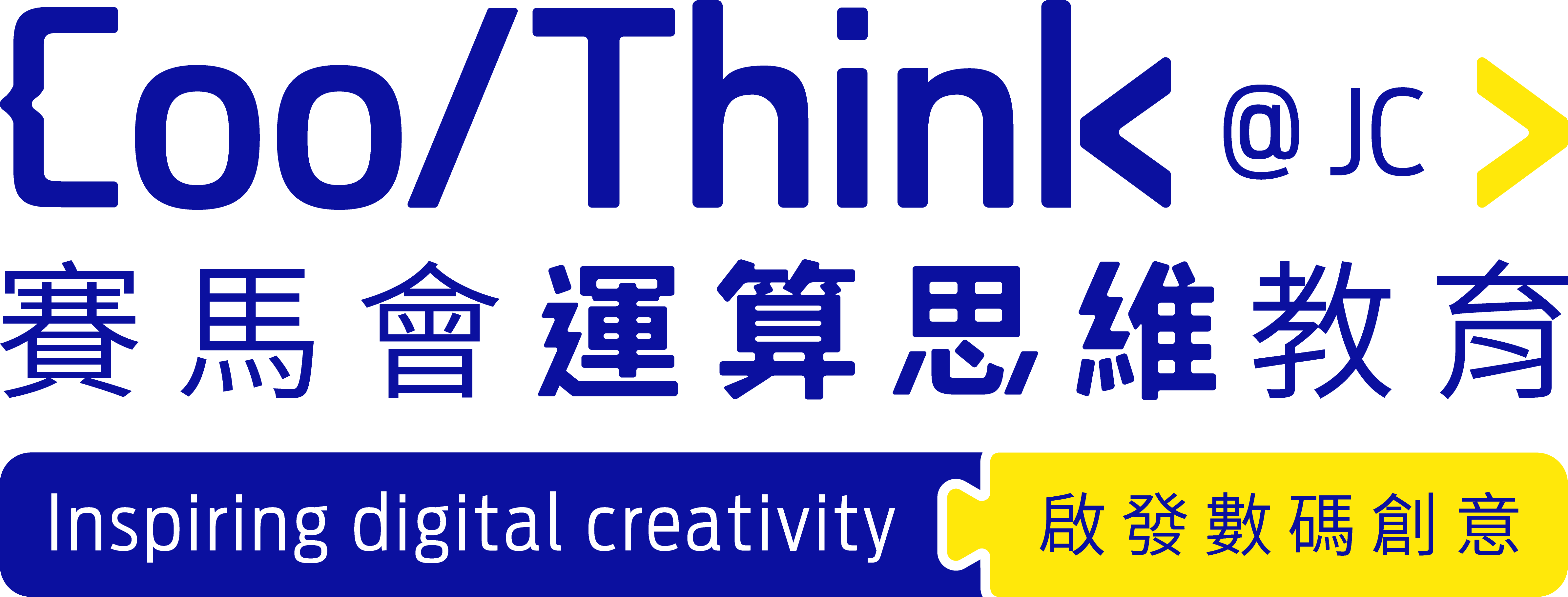
Miles Berry
Principal Lecturer and the Subject Leader for Computing Education at the University of Roehampton
Title:
The Two Types of Computational Thinking
Speaker Bio
Miles is principal lecturer in Computing Education at the University of Roehampton. He teaches on the University's secondary computing education teacher training programme and its digital media degree. His research focus is on uptake and achievement in computing education. Prior to joining Roehampton, he spent 18 years in four schools, much of the time as an ICT coordinator and most recently as a head teacher.
He is a board member of England's National Centre for Computing Education, Computing At School, the BCS Academy of Computing and its National Centre for Computing Education. He is a fellow of the BCS, RSA, HEA and Chartered College of Teaching, and a member of the Raspberry Pi Foundation. Over the years he has contributed to a number of computing related projects including the national curriculum computing programmes of study, Switched on Computing, Barefoot Computing, QuickStart Computing, CAS TV, Project Quantum, Hello World and the Royal Society's Mathematical Futures programme.
He gives regular keynotes and CPD workshops on computing and education technology in the UK and abroad and has worked on a number of international consultancy projects involving technology enhanced learning, curriculum development and CPD.
Abstract
Many have used the development of computational thinking as a justification for including computer science in national curricula for all students, and yet there remains some debate about what this means, in both theory and practice. In this talk, Miles explores two contrasting interpretations of computational thinking, and the implications of these for classroom practice.
Turning first to the view that computational thinking is the applications of ideas from computer science to other contexts, Miles shares examples of some of the teaching and assessment resources based on this view. He draws parallels between computational thinking and other discipline specific approaches, such as mathematical reasoning, design thinking and scientific thinking. He investigates the evidence for common approaches to problem solving across STEM disciplines.
Miles goes on to consider a more programming-specific interpretation of computational thinking, in which it is viewed as an approach to automating the solutions to problems. He explores how programmers typically tackle problems and looks at how programming tasks might be used to teach and assess problem solving approaches that sit above the detail of implementation as code in specific languages.
Attempting some synthesis of these two perspectives, Miles concludes by giving examples of how STEM disciplines can offer motivating contexts for programming tasks and how school pupils might apply their programming skills to support their study in mathematics, science and technology subjects.
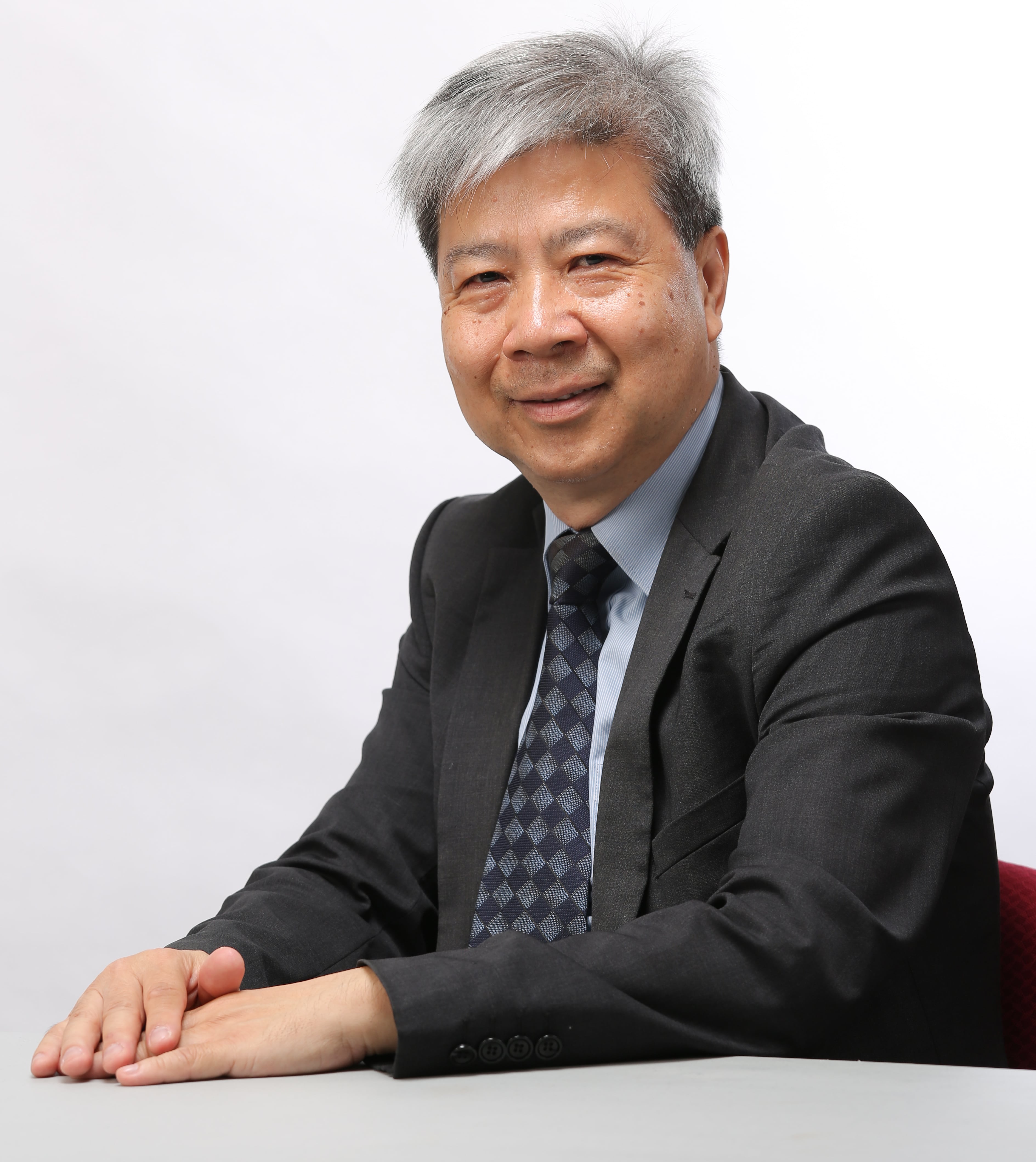
Professor Kong Siu Cheung
Professor of the Department of Mathematics and Information Technology (MIT); and Director of Centre for Learning, Teaching and Technology (LTTC), the Education University of Hong Kong
Title:
Teacher Development in Computational Thinking Education in K12: Design of Pedagogy and Scaling
Speaker Bio
Prof. Kong Siu Cheung has produced over 250 academic publications in the areas of pedagogy in the digital classroom and online learning; policy on technology-transformed education and professional development of teachers for learner-centered learning; and computational thinking education. He has completed/conducted 75 research projects since joining the University (the then Hong Kong Institute of Education). Prof. Kong is at present serving as the Editor-in-Chief of the international journal Research and Practice in Technology Enhanced Learning (RPTEL) and Journal of Computers in Education (JCE). He was in the presidential roles for the Asia-Pacific Society for Computers in Education (APSCE) for six years, as the President-Elect in 2012 and 2013, the President in 2014 and 2015, and Past-President in 2016 and 2017. Prof. Kong is the Convener of Computational Thinking Education in Primary and Secondary Schools International Research Network (IRN) under World Educational Research Association (WERA) since May 2019. He also convened the WERA IRN Theory and Practice of Pedagogical Design for Learning in Digital Classrooms from December 2012 to December 2015. Prof. Kong is leading an international project on promoting computational thinking development and coding education for eight years starting from 2016.
Abstract
Computational thinking education is a growing emphasis in the K12 education sector over the world in the digital era. For an effective implementation of computational thinking education in K12, school teachers play an important role in guiding the young students to access the different entry points for developing competencies related to computational thinking. A quality teacher development is crucial for preparing K12 school teachers to well understand the concepts, master the practices, and develop the perspectives necessary for computational thinking development. This speech will first share a cross-year experience in delivering a well-received and effective teacher development programme on the design of pedagogy for computational thinking education in K12; and then illustrate a follow-up plan for a further cross-year scale-up of teacher development which affords flexibility for teachers in K12 to be ready for the diversity of individual schools on the planning and implementation of computational thinking education. The speaker will talk about the elements of effective teacher development for computational thinking education in K12; introduce the pedagogy of “To Play, To Think, To Code” designed for computational thinking education in K12; share the recent cross-year experience in delivering a teacher development programme on computational thinking education; discuss the success factors and lessons learned for that teacher development programme; and finally share the plan for scaling up the teacher development which features with seven steps to address four dimensions of TPACK specific for computational thinking development through programming education.
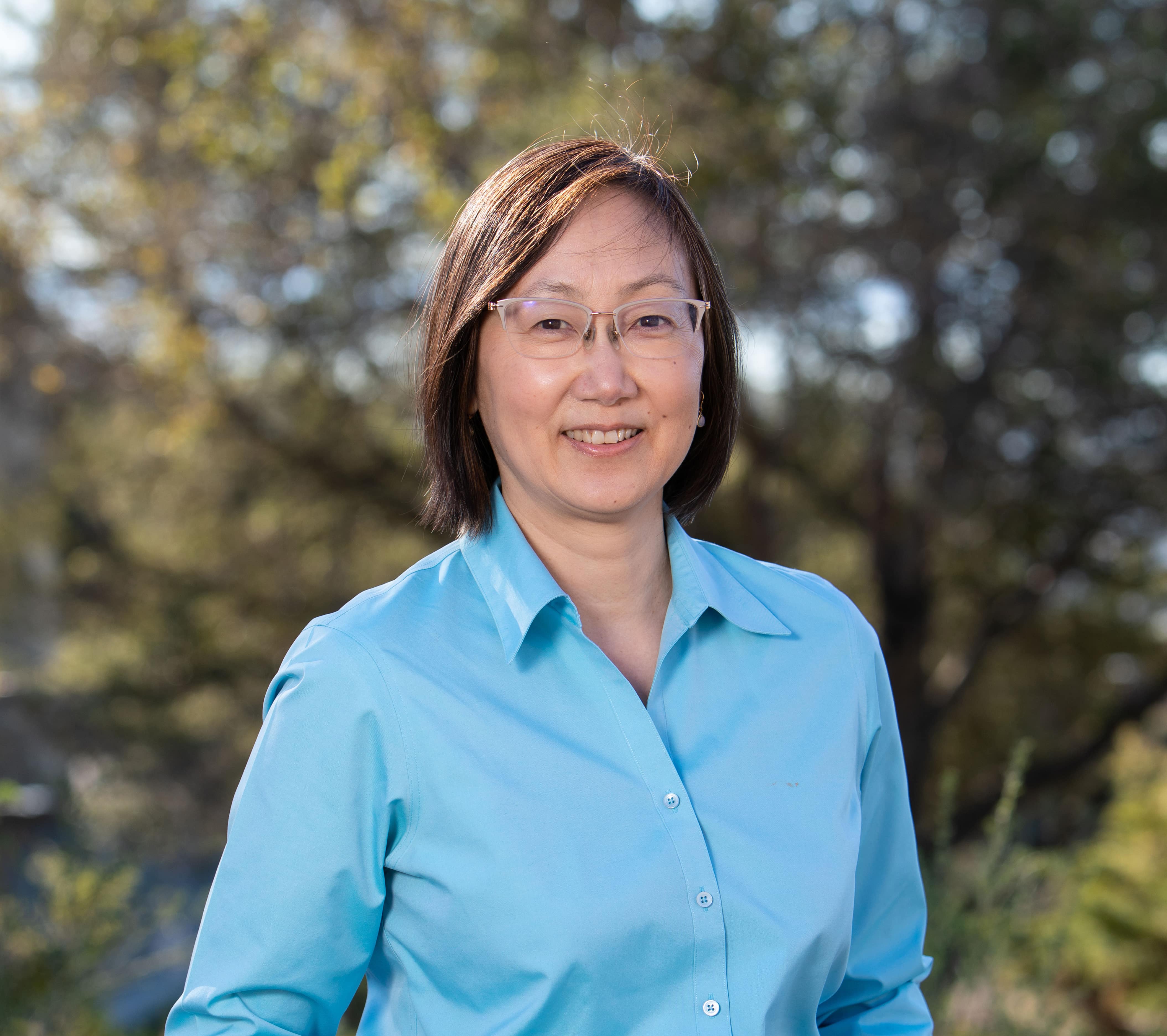
Dr. Sherry Hsi
Principal Scientist, BSCS Science Learning
Title:
Designing for More Learner Agency using Computational Tools in STEM
Speaker Bio
Dr. Hsi is a Principal Scientist with BSCS Science Learning, a non-profit organization that develops curricular materials, provides professional learning, and conducts research and evaluation in science and technology. For over 20 year, Dr. Hsi has brought her R & D leadership to the creative design and study of STEM learning applications including award winning mobile apps, hands-on exhibits, craft-based STEM kits, and technology-enhanced curricula in design partnerships with K-12 teachers, science centers, afterschool programs, and museums. From 2002 to 2010, Hsi worked at Exploratorium in San Francisco directing new media research and evaluation to study informal learning mediated by mobile computers, science websites, and STEM digital libraries. From 2010 to 2015 at the University of California Berkeley’s Lawrence Hall of Science, Hsi co-created the TechHive Studio, a youth makerspace and STEM project-based leadership innovation program; the Howtosmile.org digital library of curated hands-on activities; and mobile health apps for children’s hospitals. Hsi has worked closely with Ann and Mike Eisenberg from the CraftTech Lab at CU Boulder on Paper Mechatronics (papermech.net), a papercraft-based approach to creative engineering education. Most recently with the Concord Consortium’s InSPECT project she researched the integration of IoT-enabled sensors and computational thinking with science practices to support student-centered data production in science classrooms. Hsi’s design-based research has been published in books and journals with support from the U.S. National Science Foundation, the National Institutes of Health, and private foundations. Hsi reviews for the International Journal of Science Education and has served on the editorial board for the informal learning strand of the Journal of the Learning Sciences.
Abstract
Computational tools and computational education experiences can be designed in a myriad of ways to support robust learning of STEM disciplinary content, 21st century skills, and important practices that will serve students in school and beyond. Creative uses of computational components stemming from the Maker Movement has generated novel constructionist-oriented materials for learners to use as objects to think and act with. K-12 art classes commonly use low-tech materials like paper, foil, and glue to make projects, however these same materials can be fashioned into activities to learn about the nature of computational systems, scientific phenomena, and key computing concepts. Combining high-tech Internet-of-Thing sensors, programmable microcontrollers, and other emerging computational materials, instructors have design choices for building lessons and selecting curricular activities to support both STEM learning and computational thinking to engage a wider diversity of students’ purposes and interests.
In this talk, I invite us to expand our collective imaginations by offering a perspective on design for learning that places value on learners’ agency, materiality, and social participation. Drawing from recent projects and research supported by the U.S. National Science Foundation in CSforAll, computational thinking in high school science, youth’s computational craft making, and teacher professional learning, I highlight the design possibilities of how all learners can be positioned as creators and producers to recognize the many assets that children bring to learning and valuing the different ways they choose to work with computational tools. I also share some thoughts on how this focus on designing for learner agency has implications for educational equity.
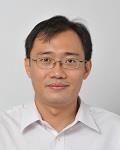
A/P Ho Weng Kin
Associate Professor of Mathematics at the National Institute of Education, Nanyang Technological University
Title:
Computational Thinking Through the Lens of a Mathematics Educator
Speaker Bio
A/P Ho Weng Kin specializes in programming language semantics, domain theory, and the use of topology in understanding the computational phenomenon. His interests also include the use of technology in teaching and learning mathematics, particularly via coding. Recently his expertise has been drawn upon by the Ministry of Education, Singapore, to promote teachers’ awareness in harnessing Computational Thinking to teach Mathematics.
Abstract
This talk examines the integration of Computational Thinking (CT) into school mathematics education. From a mathematics educator perspective, relevant aspects of CT in the teaching and learning of Mathematics would be zoomed into. In particular, we explore the adjunction between Computational Thinking and Mathematical Thinking, and discuss how this interplay of paradigms creates a game-changer for both the Mathematics teacher and learner. We look into the context of the Singapore classroom, and discuss authentic classroom implementation of “Math + C” lessons, pilot studies in schools. We will discuss our research findings of how a secondary school developed a professional learning community for incorporating CT in all their lower secondary Mathematics classes, as well as examine the thinking processes of students as they learn Mathematics with coding. Re-looking and revising the Mathematics curriculum in the direction of CT education would be discussed.

